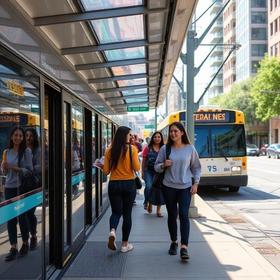The lure of an affordable college education brings countless thousands of students just like you to community college campuses each semester. With a greater breadth and depth of course offerings and degree programs available than ever before, community colleges represent excellent value for many students who seek to build their skills for future educational and career endeavors. In addition to many associate's degrees and professional certificate programs, community colleges throughout the country offer select bachelor's degree programs, furthering the appeal of the community college route. However, despite the many advantages of these programs, they are not for everyone.
Degree Programs Around the Nation
The movement to allow community colleges to offer four-year degrees is borne out of the needs of the modern workforce. Education and economic officials recognize that with major gaps in the workforce in healthcare, energy exploration, and information technology, new workers need to be trained. Community colleges represent an excellent opportunity to train these workers because they are typically at the forefront of educational innovation and are much more able to respond to the changing needs of the workforce than a four-year institution.
This new wave of educational opportunity is present in all corners of the country. More than a dozen community colleges in Washington State now offer baccalaureate degrees. More than two dozen two-year institutions in Florida offer four-year degree options. Texas, Hawaii, and West Virginia community colleges have gotten on board with providing bachebachelor'see programs as well. Community colleges in 21






















